In a significant stride towards eradicating tuberculosis (TB) by 2025, the State Tuberculosis Training and Demonstration Centre (STDC) in Pune has enrolled over 25 doctors from nine states. The Centre's initiative aims to develop five training centres across the country, offering a 'National Tuberculosis Trainer Training Programme.' Despite the progress, challenges such as a shortage of essential medicines and testing cartridges persist, raising concerns among health experts.
The Role of STDC: The STDC, the first and currently only facility of its kind in Maharashtra, plays a pivotal role in supporting the Revised National Tuberculosis Control Programme. Officials highlight its significance in assisting state TB officers with various program-related activities, including case identification, patient management, and program monitoring and evaluation. The comprehensive training provided by STDC is crucial for achieving the ambitious goal of eliminating TB by 2025.
Maharashtra's Challenge: While the STDC brings hope for improved training and capacity building, an official from the state health minister's office emphasizes the need for more trained healthcare staff in Maharashtra. The state requires professionals capable of early detection and treatment of TB cases to meet the Centre's target. Pune stands out as the sole centre in Maharashtra equipped with an STDC to offer such vital training programs.
Despite the positive momentum, health experts express concerns about unaddressed challenges. They applaud the establishment of training facilities but criticize the central government's oversight of a crucial issue which is the shortage of essential medicines for thousands of multi-drug resistance TB (MDR-TB) patients in Maharashtra. These patients struggle to complete their drug courses due to medication unavailability.
Call for Urgent Measures: The disparity between the government's vision for TB elimination and the ground reality is evident. Health activists stress the importance of addressing these basic issues like medicinal shortages and testing equipment deficiencies, to make meaningful progress in the fight against TB. Urgent measures are needed to ensure that the ambitious goals set by the Centre align with the practical needs and challenges faced by healthcare providers and patients on the ground.
In conclusion, as Maharashtra strives to contribute to the national goal of eliminating TB by 2025, the establishment of the STDC in Pune is a commendable step. However, the state's healthcare system faces pressing challenges, particularly the shortage of essential medicines for MDR-TB patients. Bridging this gap requires not only the establishment of training facilities but also a simultaneous commitment to addressing the fundamental issues damaging TB treatment and prevention. Through collaborative efforts and focused attention on these challenges, Maharashtra can pave the way for a more effective and inclusive approach to TB eradication
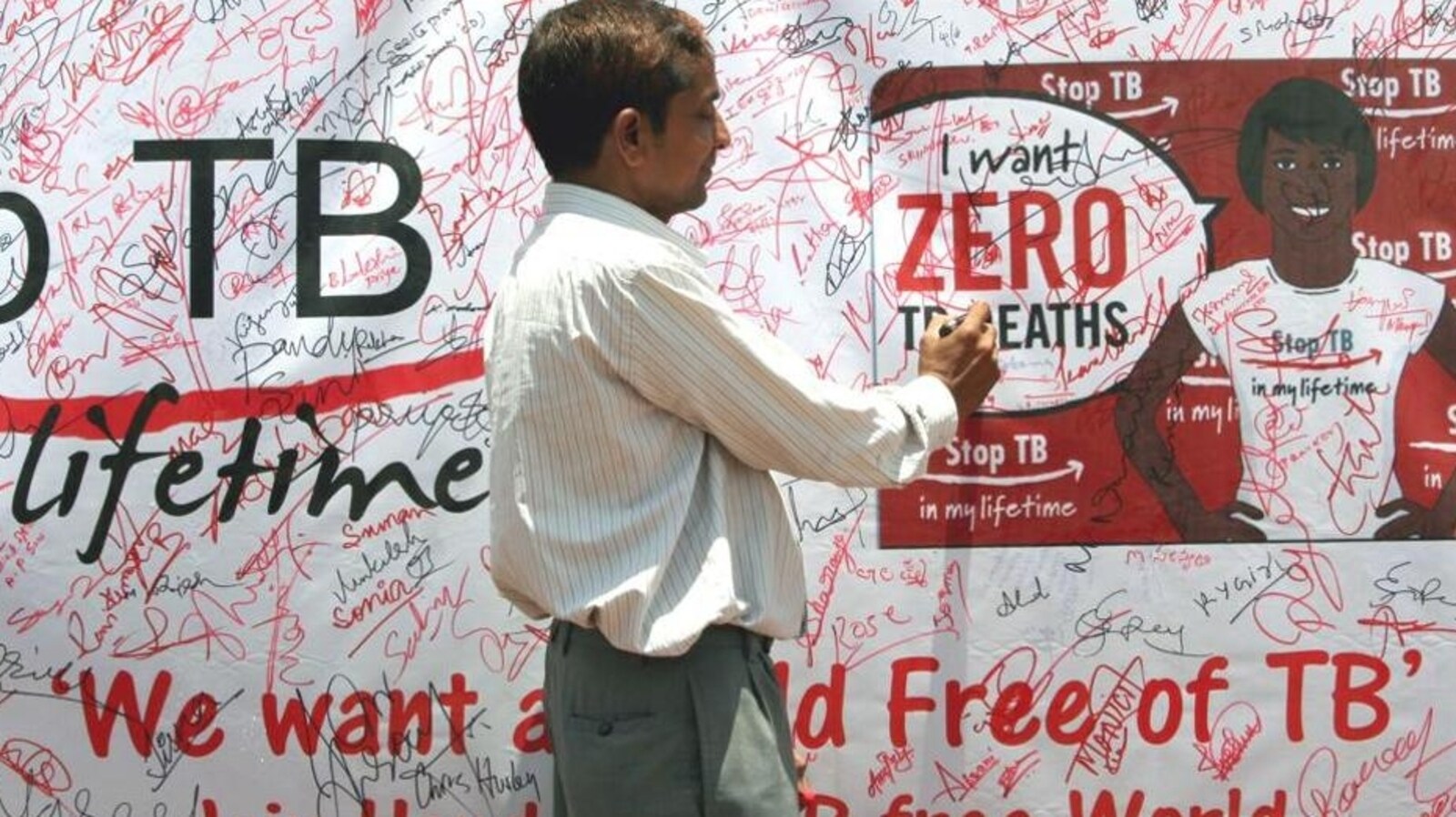
 The state's healthcare system faces pressing challenges, particularly the shortage of essential medicines for MDR-TB patients. Bridging this gap requires not only the establishment of training facilities but also a simultaneous commitment to addressing the fundamental issues damaging TB treatment and prevention.
The state's healthcare system faces pressing challenges, particularly the shortage of essential medicines for MDR-TB patients. Bridging this gap requires not only the establishment of training facilities but also a simultaneous commitment to addressing the fundamental issues damaging TB treatment and prevention.





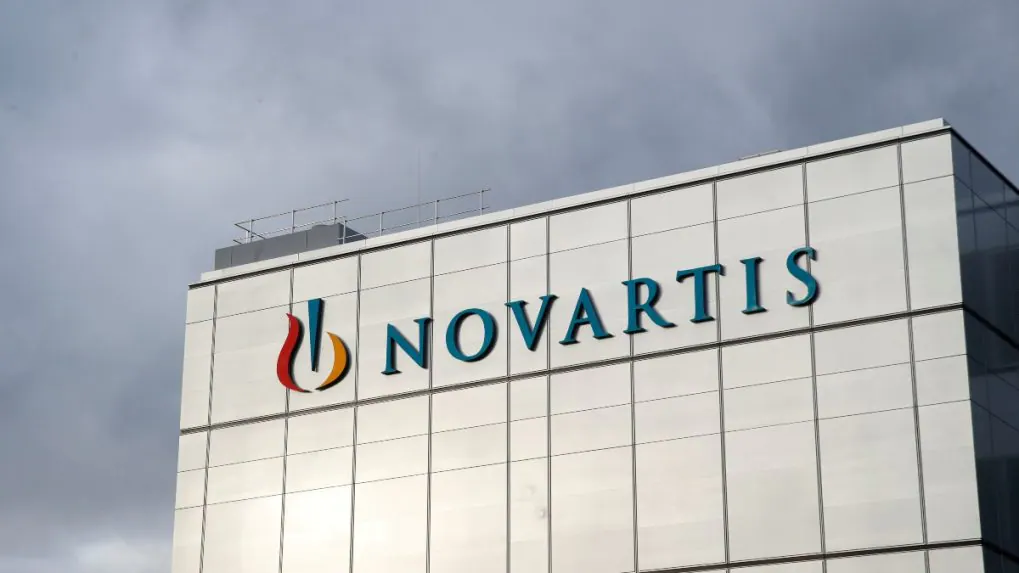




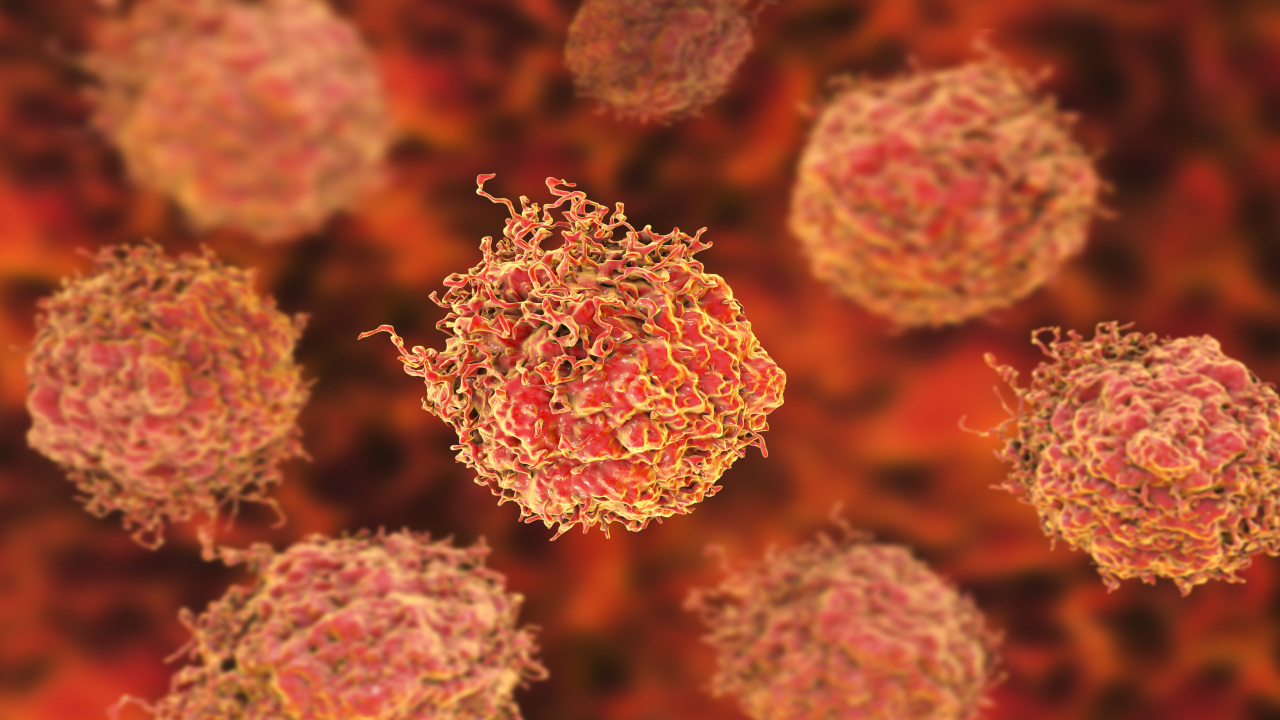
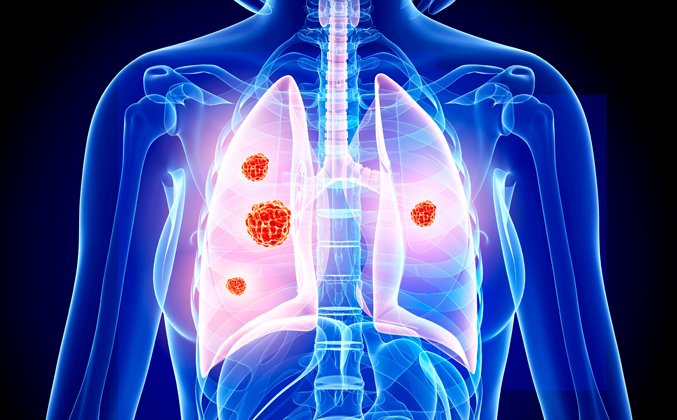
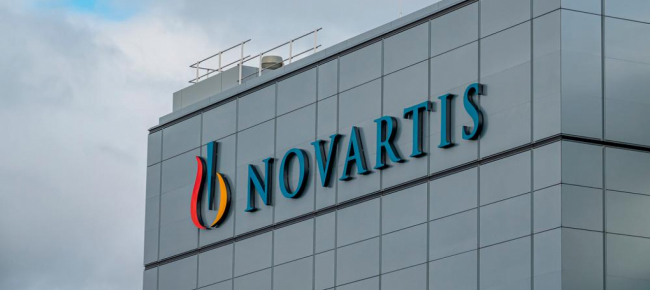
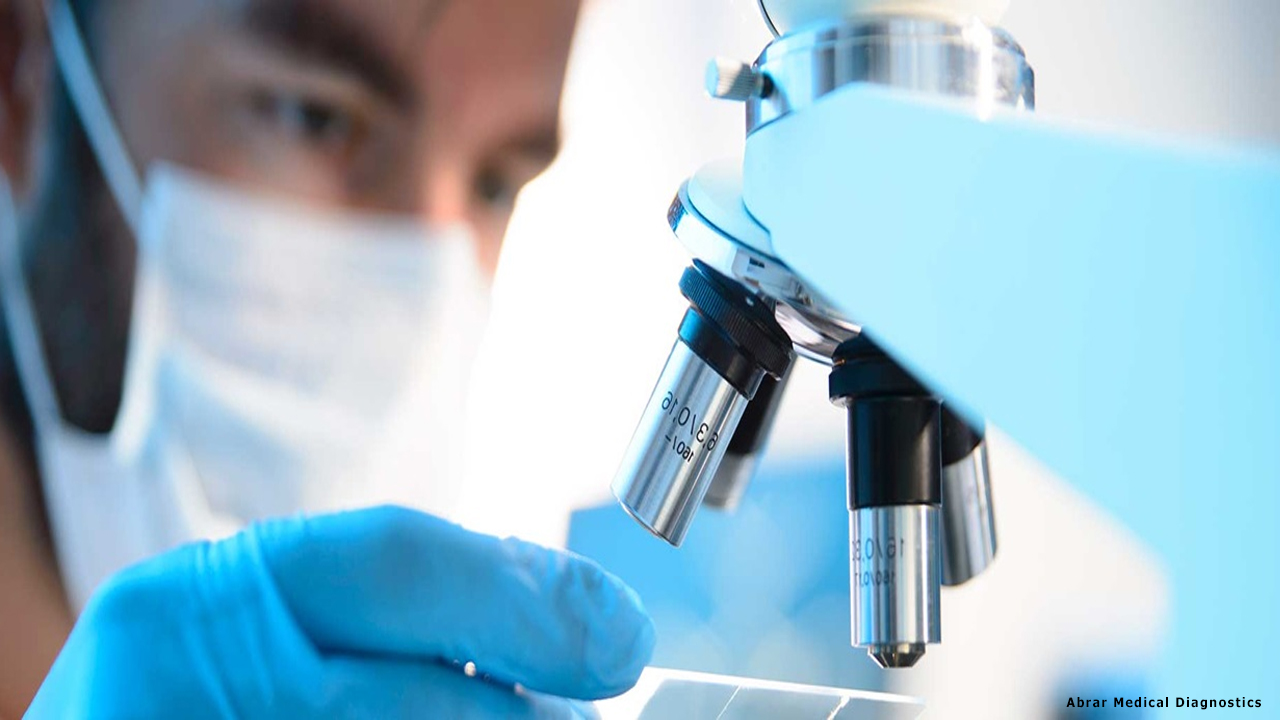
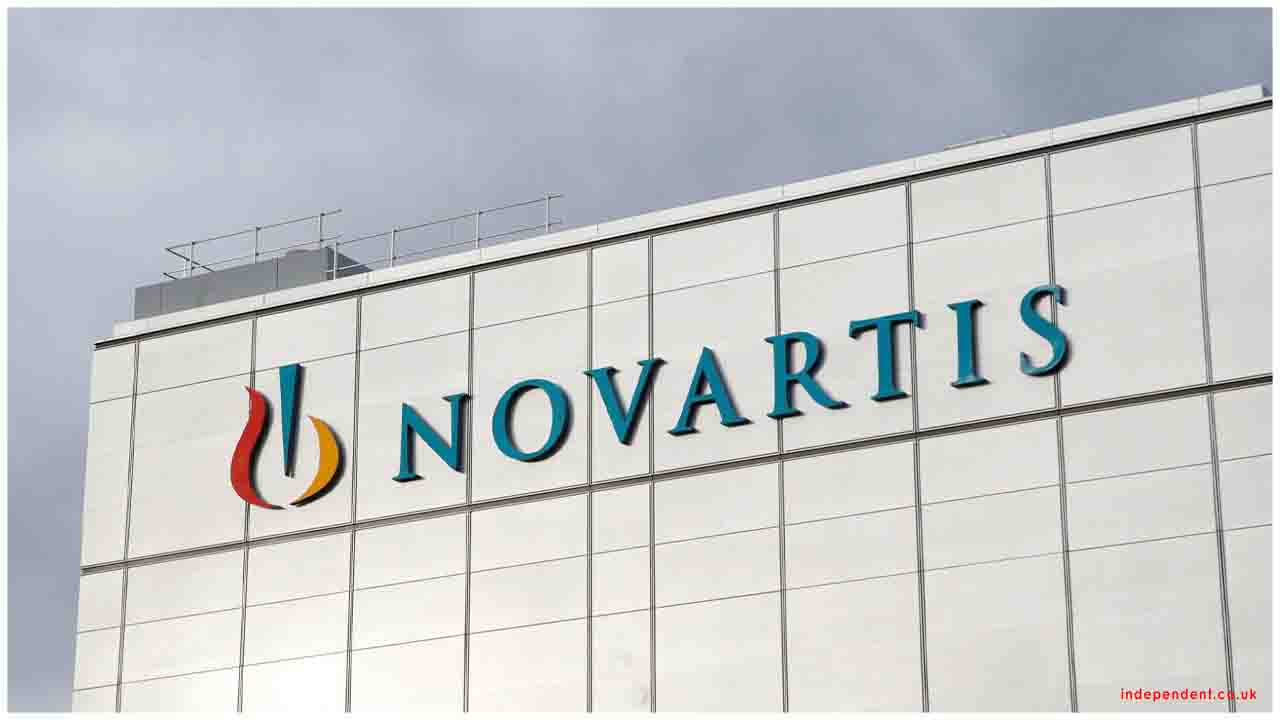





.jpeg)


.jpeg)



.jpeg)
.jpeg)






.jpeg)





